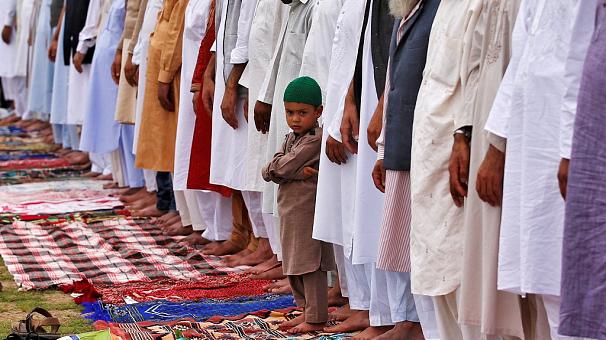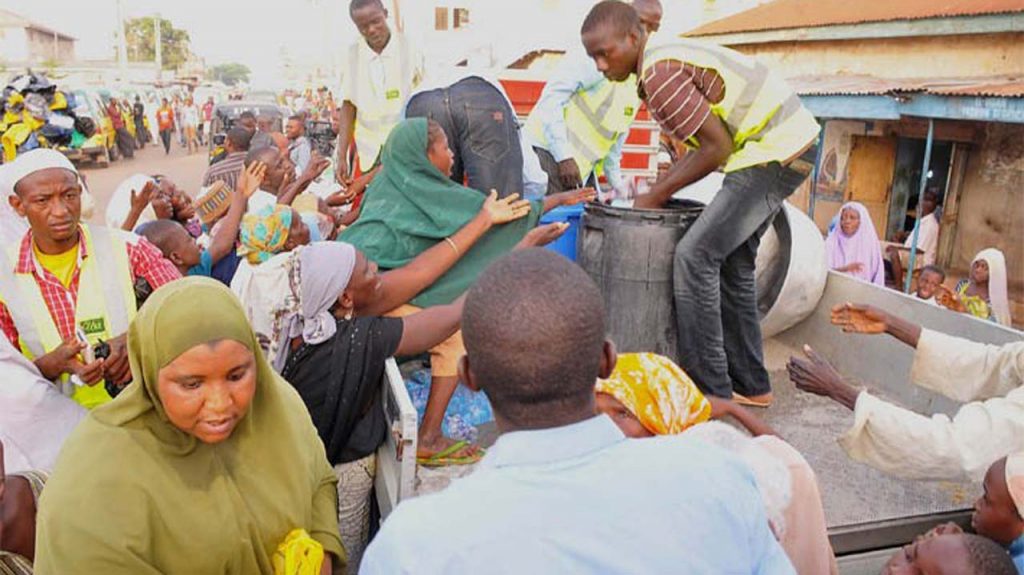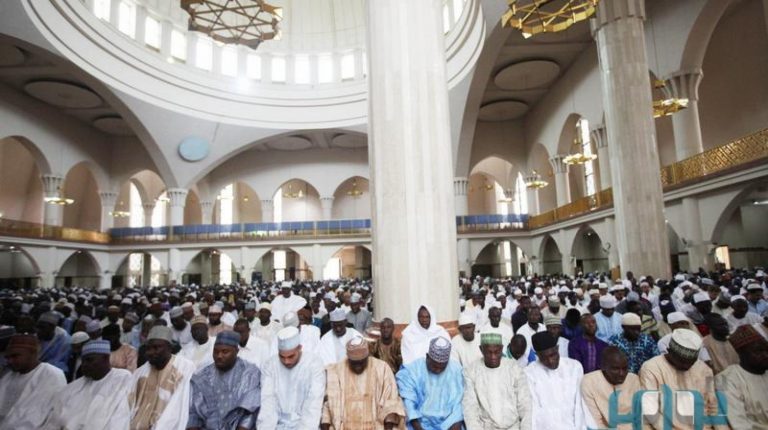THE RELEVANCE OF RAMADAN AND ITS LESSONS
The poor’s condition needs more attention. Ramadan, the Muslim holy month of self-purification and self-denial, has just come to a conclusion. The season of fasting and prayer provided an opportunity for all Muslims to focus on their connection with Allah while it lasted. It also allowed people who had resources to share food with the destitute, the needy, and the less fortunate. It was an opportunity for all Muslims to renew their commitment to the faith’s principles and the purpose of humanity as a whole. Overall, it was a moment of intense thought on the inter-relationships between man and his neighbor, as well as man and his God. Even after the month-long fast is over, the lessons learned must be remembered. Ramadan, as one of Islam’s five pillars, has a profound spiritual importance. It was a time of self-emptying for devotees, without which no spiritual being can have a truly fulfilling relationship with his or her creator. That explains why the exercise was marked by solitary and group prayers, as well as abstinence from all worldly comforts and pleasures in Nigeria (as everywhere in the globe). The goal was to promote spiritual growth while also encouraging charity and brotherly love.

As Muslims mark the end of this annual spiritual activity, it is hoped that the results will be extremely beneficial to the country. Clearly, there has never been a greater need for sharing with the less fortunate and needy than there is today, when millions of Nigerians are just scraping by due to the country’s current economic predicament.
We invariably put the welfare of our neighbor as vital as our own when we pay attention to the situation of the impoverished, as was plainly proven during Ramadan. We honor the One who gave us the prosperity in the first place by allowing others to partake of our wealth or worldly goods. This is at the center of all religions, but it is a virtue that few Nigerians practice today. This has to change.
Because the Ramadan fast, like the other four pillars of Islam, was designed to promote man’s spiritual and material well-being, it stands to reason that fulfilling God’s will is always preferable than gratifying oneself. Man is more likely to make his society a better place to live in, not only for himself but also for his neighbors, when he is able to control his need for self-gratification and selfish amassing of wealth. That was one of the most enduring things we took away from Ramadan, and we hope many others did as well.
Fasting as a spiritual practice is promoted by all religions, ostensibly with the belief that a man who can make sacrifices in order to control his cravings will be a better person for himself and for society as a whole. Fasting, in addition to abstaining from food and drink, prevents believers from “looking at the provocative, hearing the mischievous, and saying the obscene….to avoid slander and thinking about inflicting hurt on others,” according to one expert. We are now in the month of Rahmah (blessedness), Barakah (mercy), and Magfirah (forgiveness).
For Muslims, the blessed month is a priceless gift from Allah SWT. But do we really understand why this month is so important to Muslims? What is the meaning of this month, and all of the rewards that come with it? What are the lessons we are intended to learn from the observance of this month’s sanctity? Of course, the purpose of this wonderful month is to educate, instruct, and remind us of how we should handle the remaining 11 months of the year. Ramadan teaches us a lot of things: How can we improve our manners and moral fortitude, how can we treat our fellow humans with respect, how can we enhance our brotherhood, how can we keep the Muslim community united?
as well as how to be welcoming to those non-Muslims who share our territory.
The month also teaches us how to be more religious, disciplined, and self-controllable, while protecting our souls from greed and immorality. But, most importantly, the month teaches us how to strengthen our relationship with God. The month of Ramadan instills in us a sense of empathy. It allows us to empathize with those who are less fortunate, to feel and taste the hunger and thirst that our poorer brothers and sisters — who are frequently forced to go without food and drink — go through every day. Ramadan is a month of mercy and familial ties.
— Muslims all across the world assist one another as well as people outside their community, providing joy to all. This month is a bright example of the unity that may be reached among all classes of people in any community, as the rich and the poor, the employer and the employee, the parent and the kid, the ruler and the subjects, all follow their promises. Fasting brings us all together, regardless of skin color or social status. It serves as a reminder of how we should conduct ourselves and behave toward others around us, as well as a lesson on the value of respect.

We learn not just to abstain from eating and drink, but also from making any words or taking any actions that may injure others or violate their rights. It allows us to make amends by completing a variety of good deeds like as offering food or assistance to the poor, increasing social interaction, offering charity, sadaqah and zakat, and so on. And the Almighty will recall all of these deeds on the Day of Judgment. But what happens after Ramadan with all these lessons? Unfortunately, we rarely remember the teachings we gain during this holiest of months after Eid-Eil-Fitr. But Ramadan’s goal is more than just to have a good time.
The lessons we get serve as a guide for the remaining 11 months of the year. As is the fundamental objective of Ramadan, the instruction we receive is supposed to better us as human beings for the rest of our lives.
After the month is done, and we’ve all completed our last fasts and dealt with the Eid celebrations, we’ll all return to our regular lives. However, we must keep the Ramadan spirit alive for the remainder of the year, and indeed for the rest of our lives. Because we can only make the world a better place for all of us if we work together, with modesty, with temperance.

Overall, the nation’s leaders, both political and non-political, can learn a lot from Ramadan’s lessons. If they can curb their materialistic instincts and focus more on the people’s desires, the country will undoubtedly become a lot happier place for all. As a result, we ask our leaders to learn from Ramadan’s lessons. Greetings on the occasion of Eid-el-Fitr.

